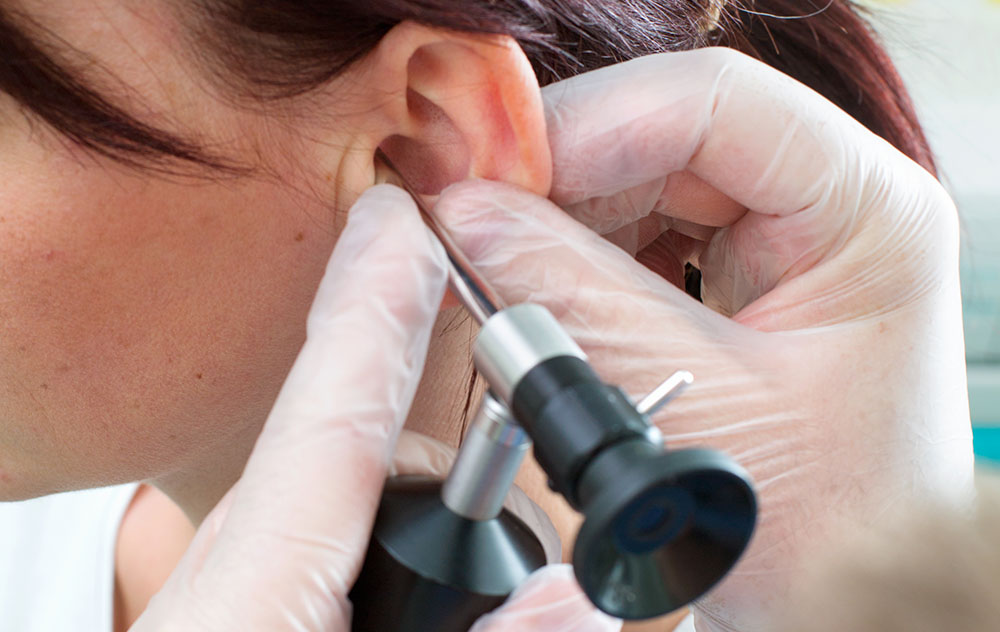Why Is There No Cure for Tinnitus?
Tinnitus is ringing or buzzing in the ears. Many people who experience


Tinnitus is ringing or buzzing in the ears. Many people who experience

Most people think that hearing loss is something you might naturally

Hearing loss is a natural part of aging. However, many people will start